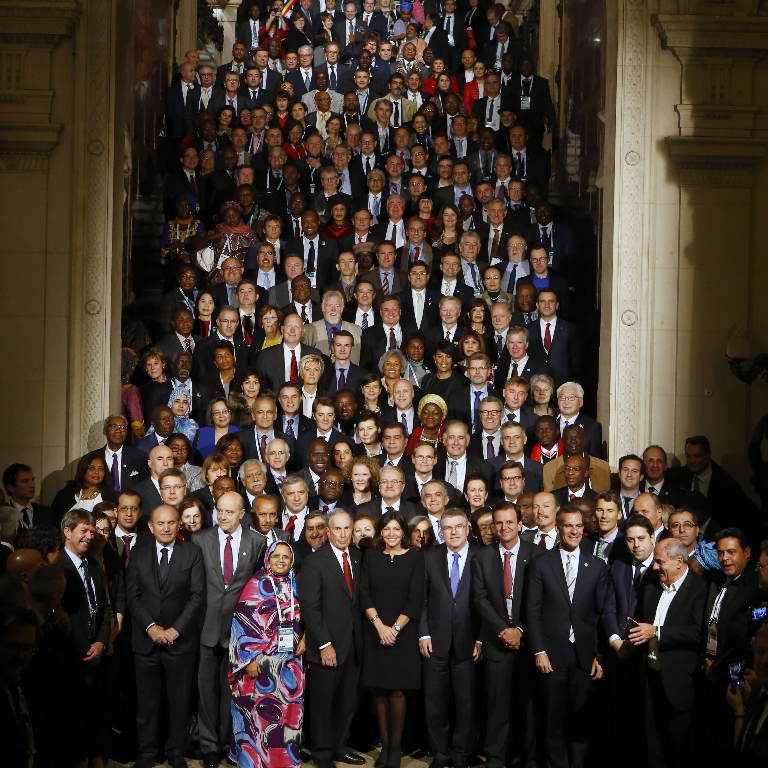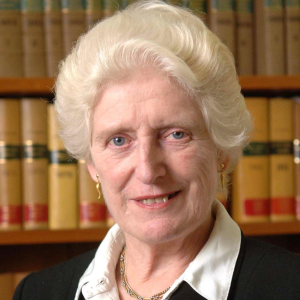Faith schools should admit fewer children and staff from their own religion according to a commission set up to investigate religion and belief in public life.
The commission, headed by retired judge Baroness Butler-Sloss came to the conclusion after hearing submissions across a range of religious and ethical traditions.
It also made a case for the legal requirement for most schools in the UK to include Christian worship to be scrapped and applauded the decision for schools in Scotland to designate a “time for reflection” instead.
At a press conference at Westminster on Monday, Baroness Butler-Sloss (pictured) cited the example of separate Catholic and Protestant schools in Northern Ireland which she said contributed to divided communities.
“Faith schools are not divisive but they are not inclusive,” she said.
Another member of the commission, the former Anglican Bishop of Oxford, Lord Harries of Pentregarth, said he had in the past been a governor at two Church of England schools and was conscious that some parents of pupils were “aspirational”. He said faith schools should be more sensitive in their understanding that they sometimes exacerbate divisions.
The Church of England said it was disappointed by the commission’s conclusions on faith schools saying its schools provides a rounded education to more than a million pupils from all backgrounds. On the commission’s call for an end to Christian worship in schools, a spokesman said: “We believe that if the law on collective worship were repealed schools would risk losing this vital element of shaping a community that reflects the full breadth of human experience. We know, for example, that the response of many schools to the horror of the Paris attacks will have been in the context of collective worship.
“The report is dominated by the old fashioned view that traditional religion is declining in importance and that non-adherence to a religion is the same as humanism or secularism.”
The commission took as its starting point the changing face of religious belief and practice across Britain in recent decades. It points out that half the population describes as non-religious compared with an eighth in England and a third in Scotland in 2001. It also highlights the growth in minority religions especially Islam, Hinduism and Sikhism.
Among the recommendations is the opening up of representation in the House of Lords to non-Christian religions with a corresponding decline in the number of Anglican bishops and for the next coronation to become a “pluralist” rather than purely Church of England ceremony.




 Loading ...
Loading ...